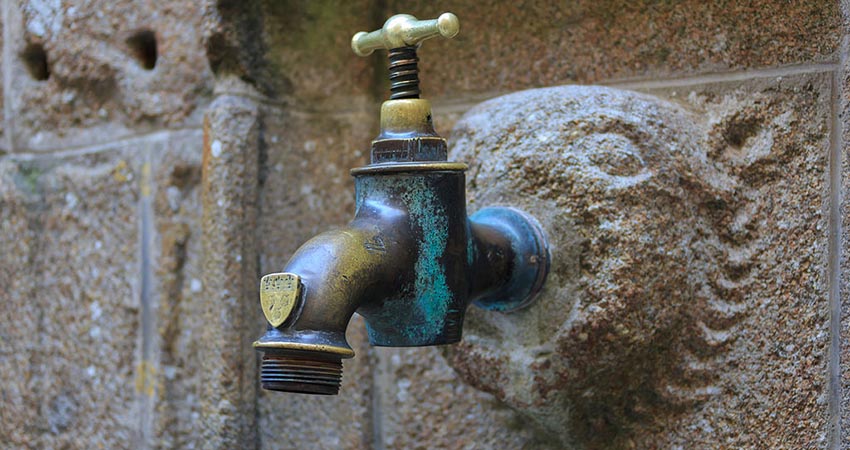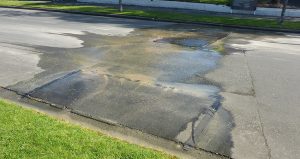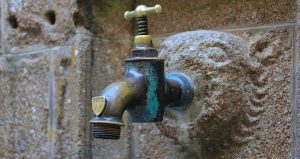European Parliament aims for reduction leakage rates water suppliers

-
 Editorial Team
Editorial Team
Share article:
Monitoring leakage rates and energy performance of water suppliers was discussed during a debate on the revision of the Drinking Water Directive of the Environment-committee (ENVI) on the 10th of September in Strasbourg. The committee voted against energy performance monitoring but for the monitoring of leakage rates. Overall the report prepared by Michel Dantin was approved by the ENVI-committee and will be voted during the plenary at 22-25 October in Strasbourg.
The draft report of the ENVI-committee contains 878 amendments and was submitted to vote in ENVI on 10 September. It was adopted by the ENVI-committee with 30 votes in favour, 13 against and 19 abstentions. The revised Drinking Water Directive is not only focusing on improving the quality of the infrastructure. The European Commission also proposes to add norms for new and emerging substances. Legislation for substances like legionella, chlorate and PFOA and PFOS have to improve the quality of drinking water in Europe.
Threat to smaller suppliers
EU-commissioner Frans Timmermans presented the proposal of the revised Drinking Water Directive (DWD) on the 1st of February in Brussels. After the presentation stakeholders were allowed to react on the proposal. In total 457 people shared their comments online. Small water supply companies were concerned that new, strict regulations will be a threat for them. They think that extra monitoring, improving drinking water infrastructure and online transparency are not feasible for smaller suppliers.
Realistic
The new directive should improve access to clean and affordable drinking water all over Europe. Report author and Member of the European Parliament Michel Dantin MEP said: “I am pleased that the Environment Committee has adopted a clear position proposing a pragmatic and realistic response to the demands of European citizens, in particular the Right2Water initiative. It would improve access to water, improve the quality and performance of water distribution networks in Europe, and manage the risks of contaminants in upstream water, while limiting the impact on water prices”.
Targets
The new rules aim to increase the transparency of Europe’s water systems by requiring large-scale water suppliers to report on how leaky their pipes are, so that consumers can be made aware of where their utility bills are going. Member states will have to assess their pipes and adopt leak reduction targets for 2030 by at least 2022 for water suppliers as well.















